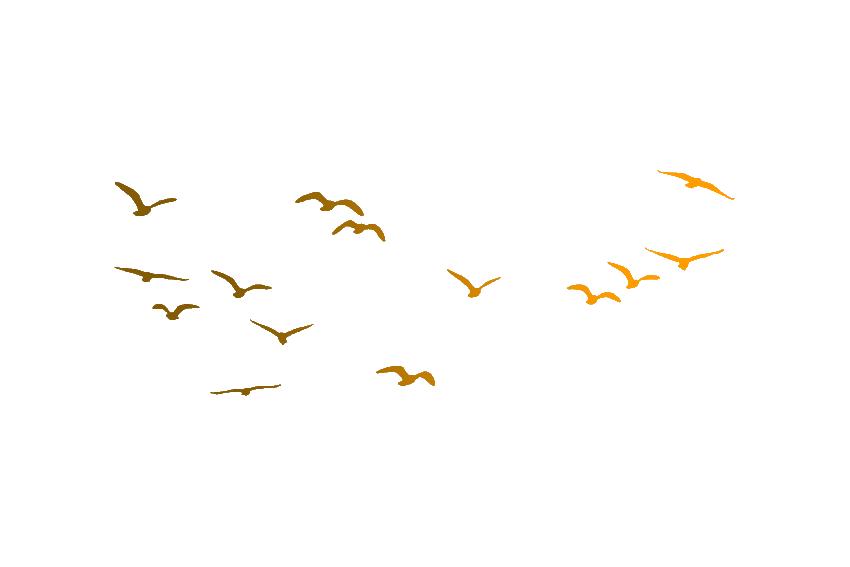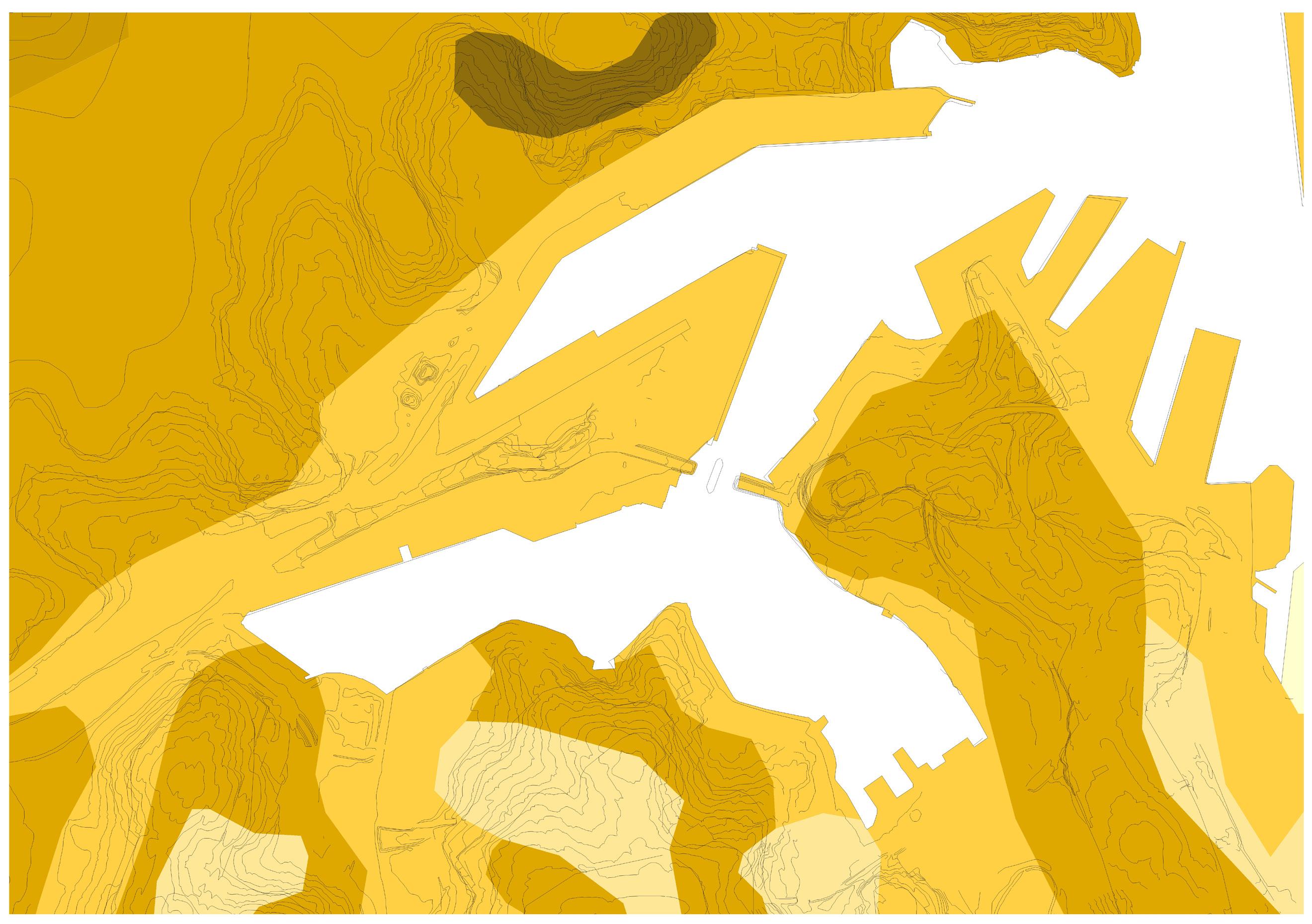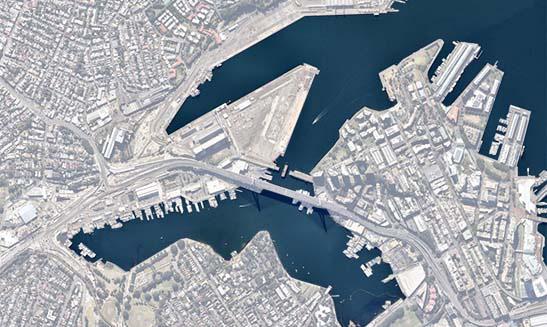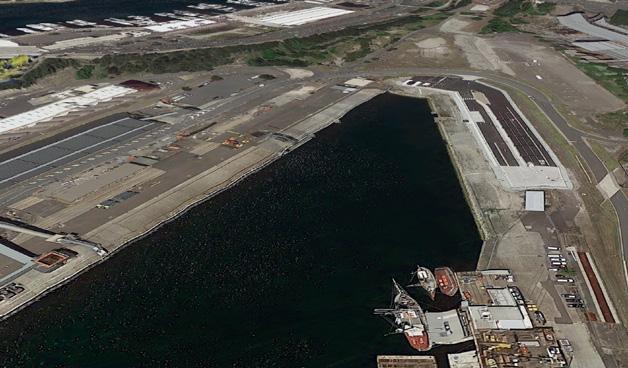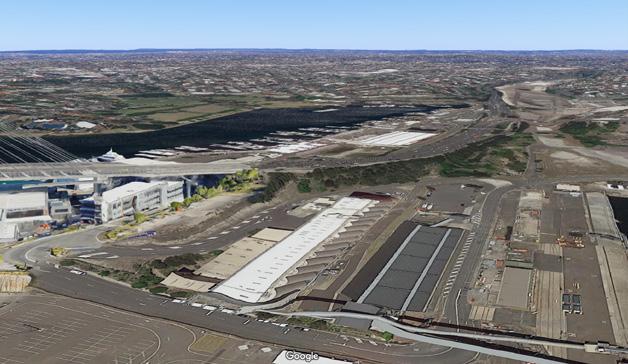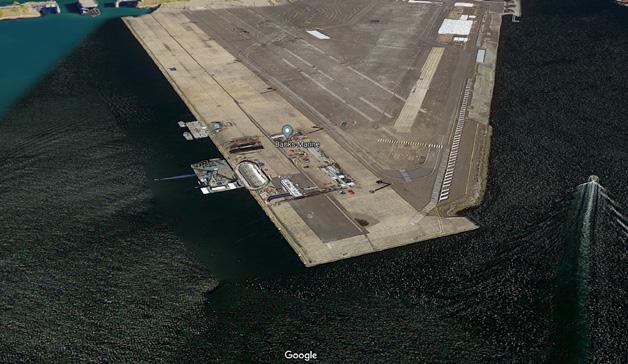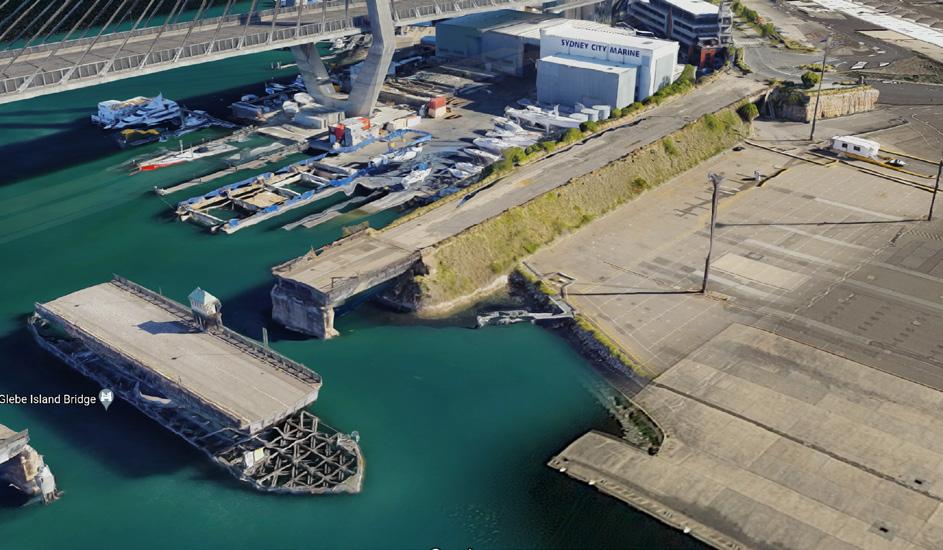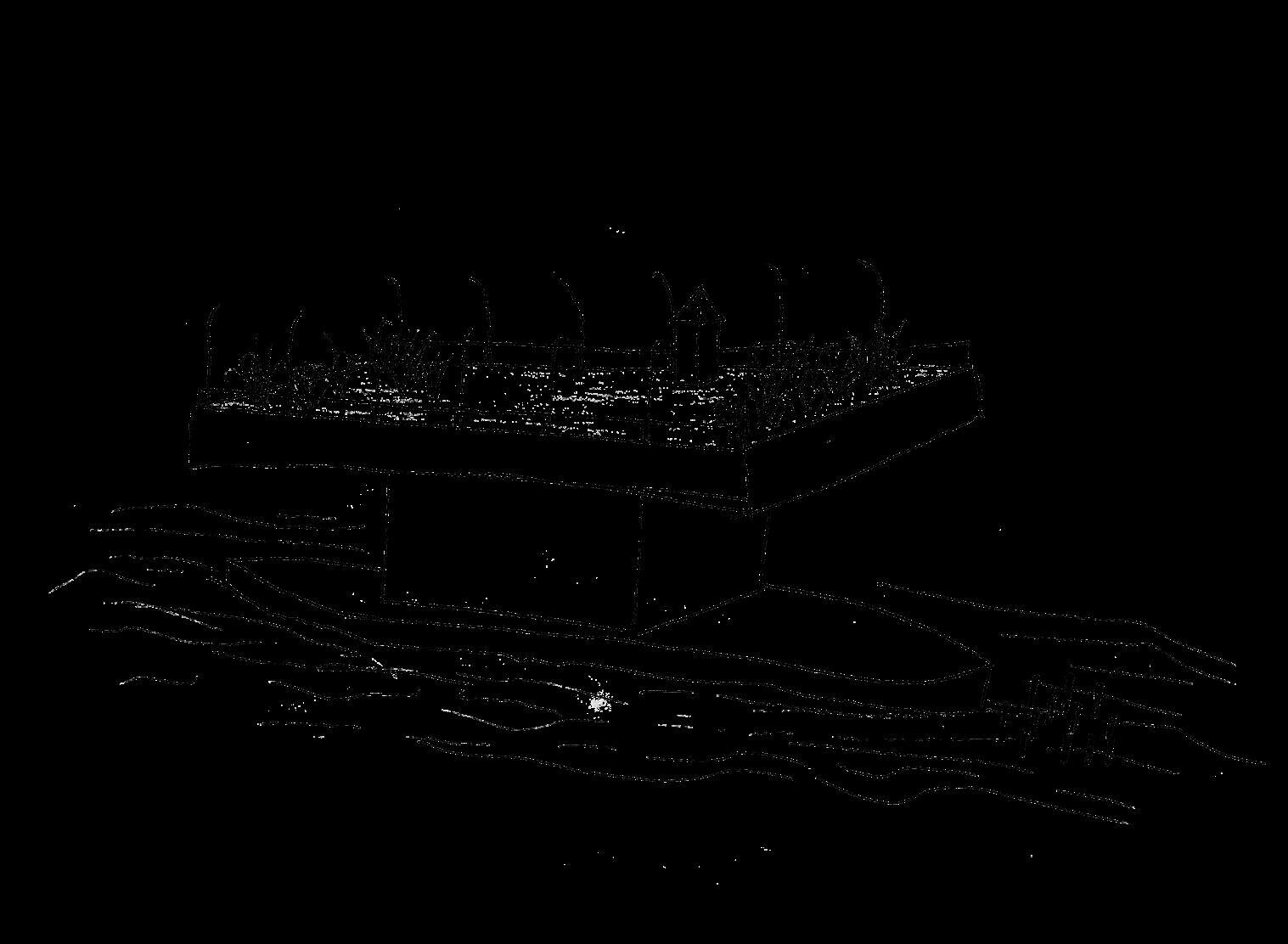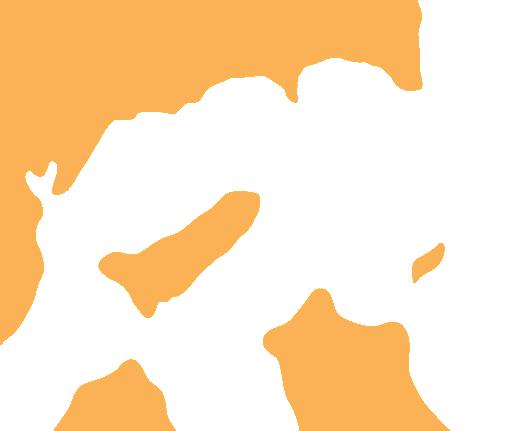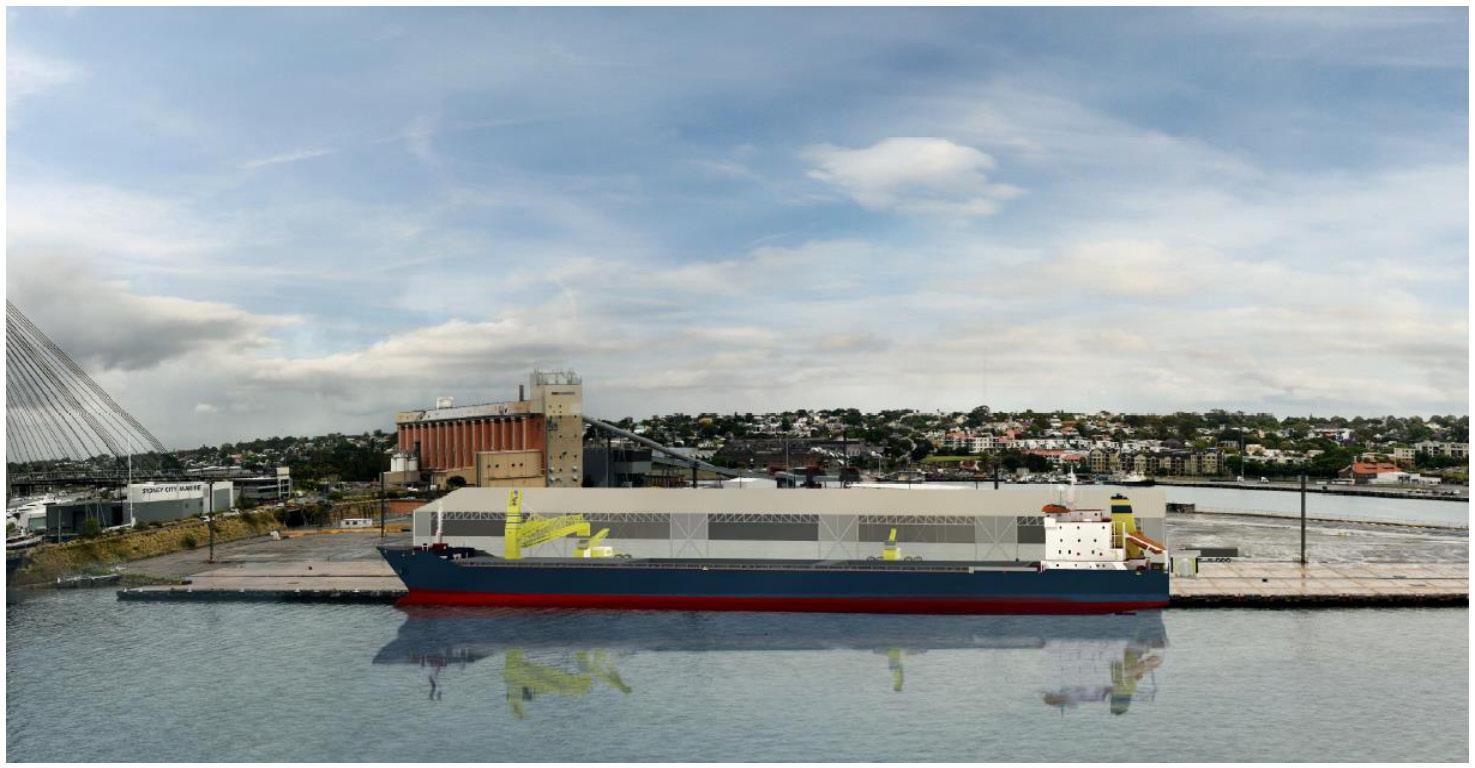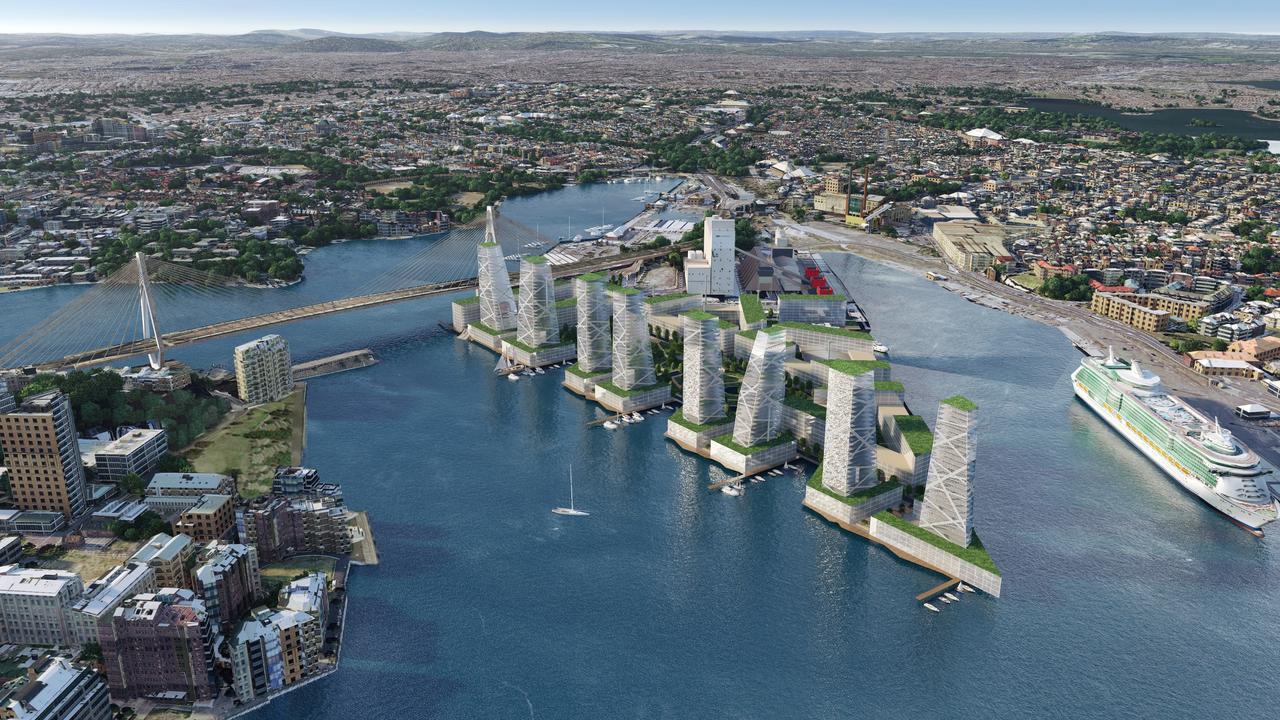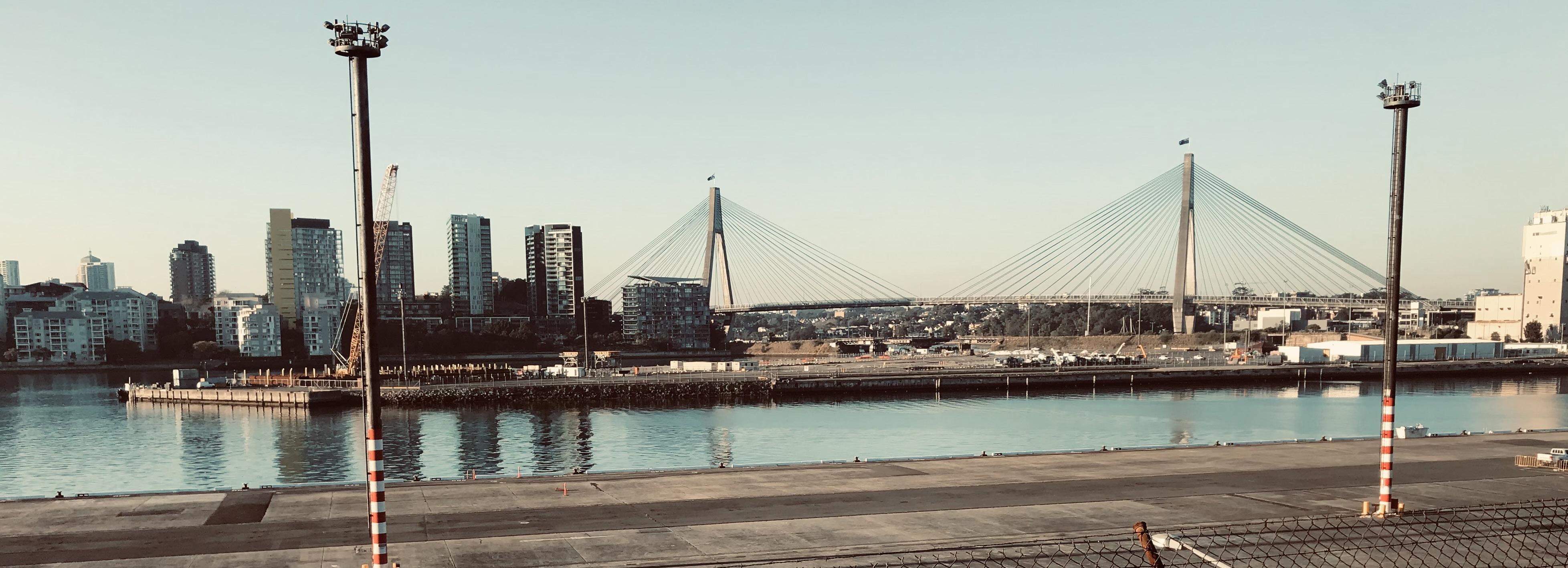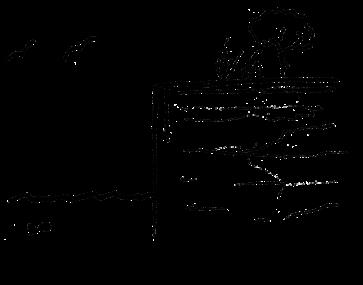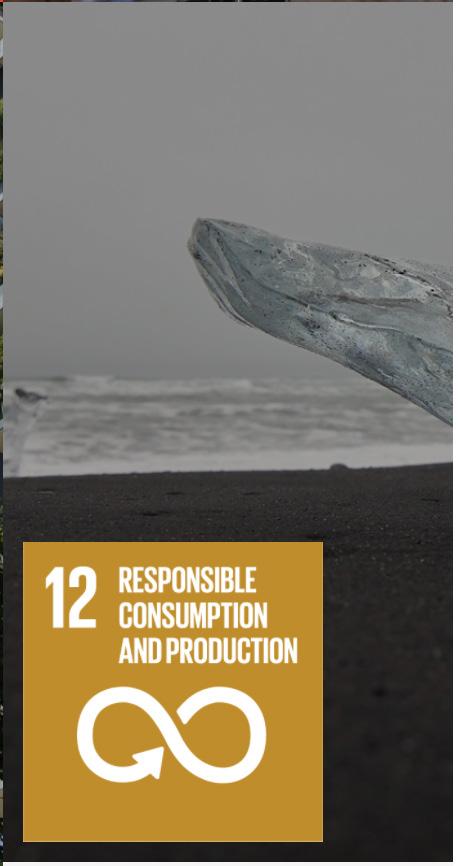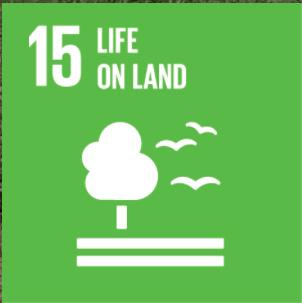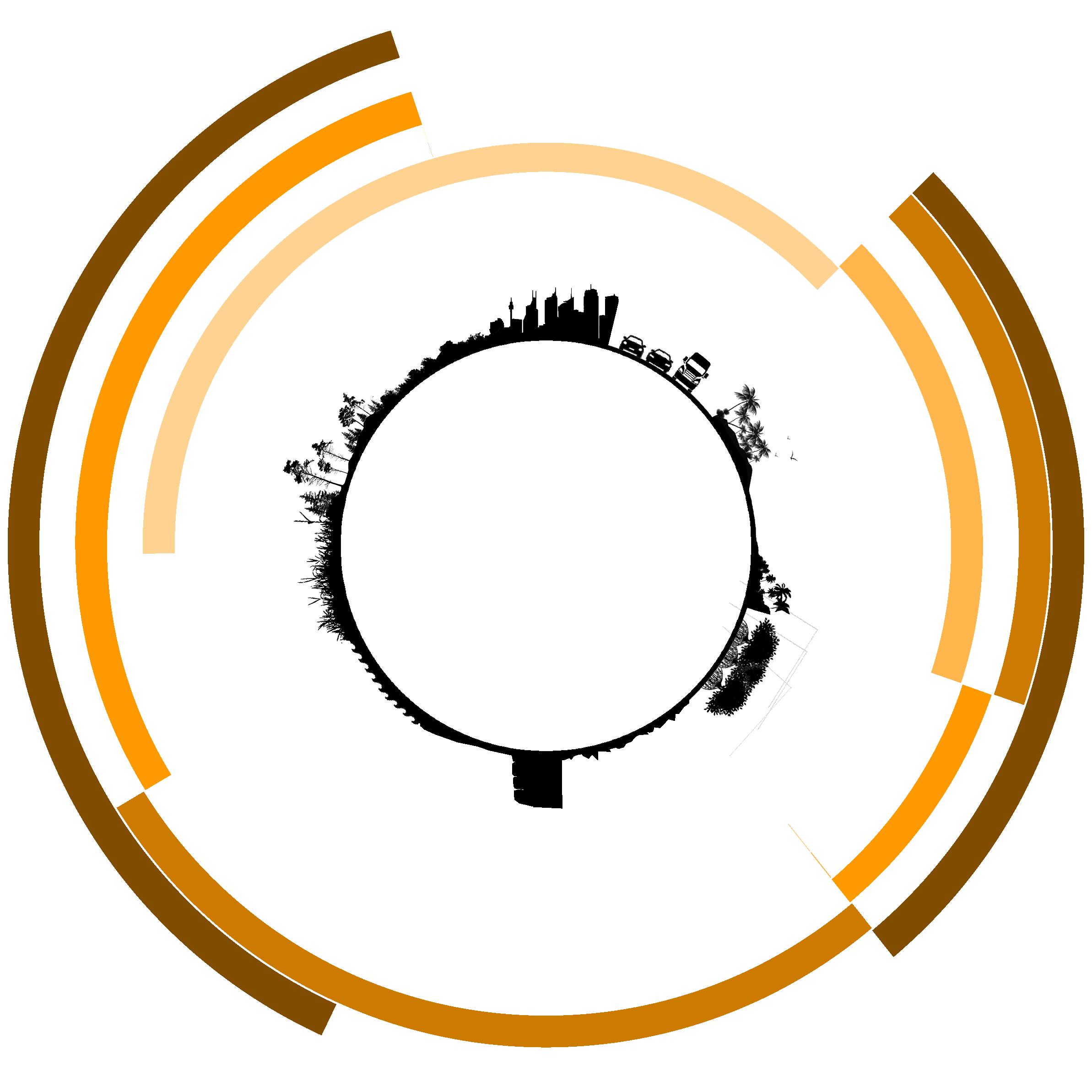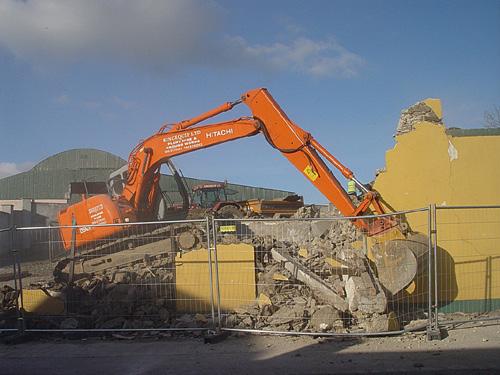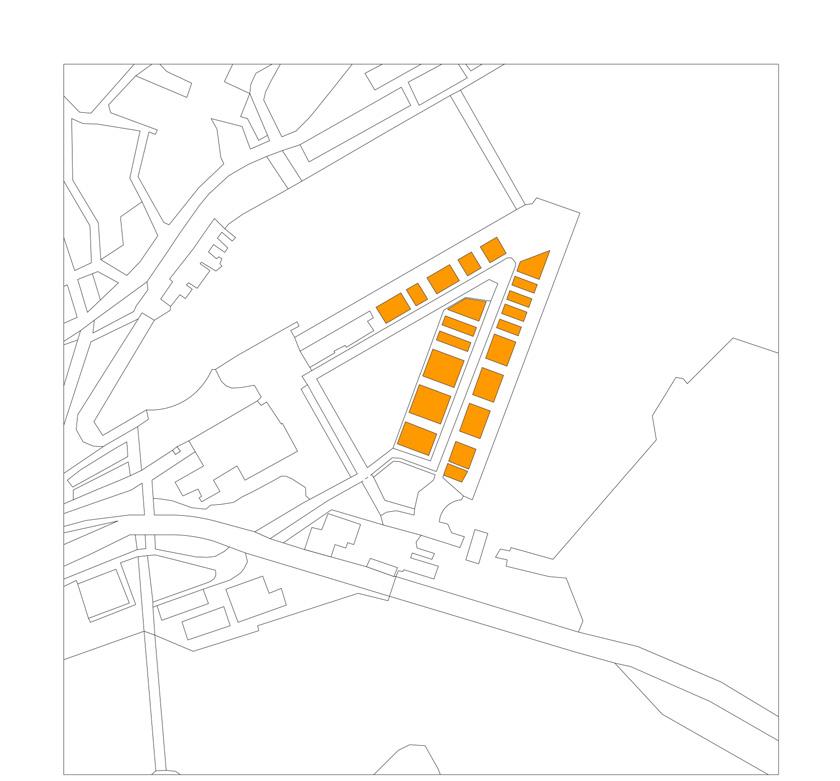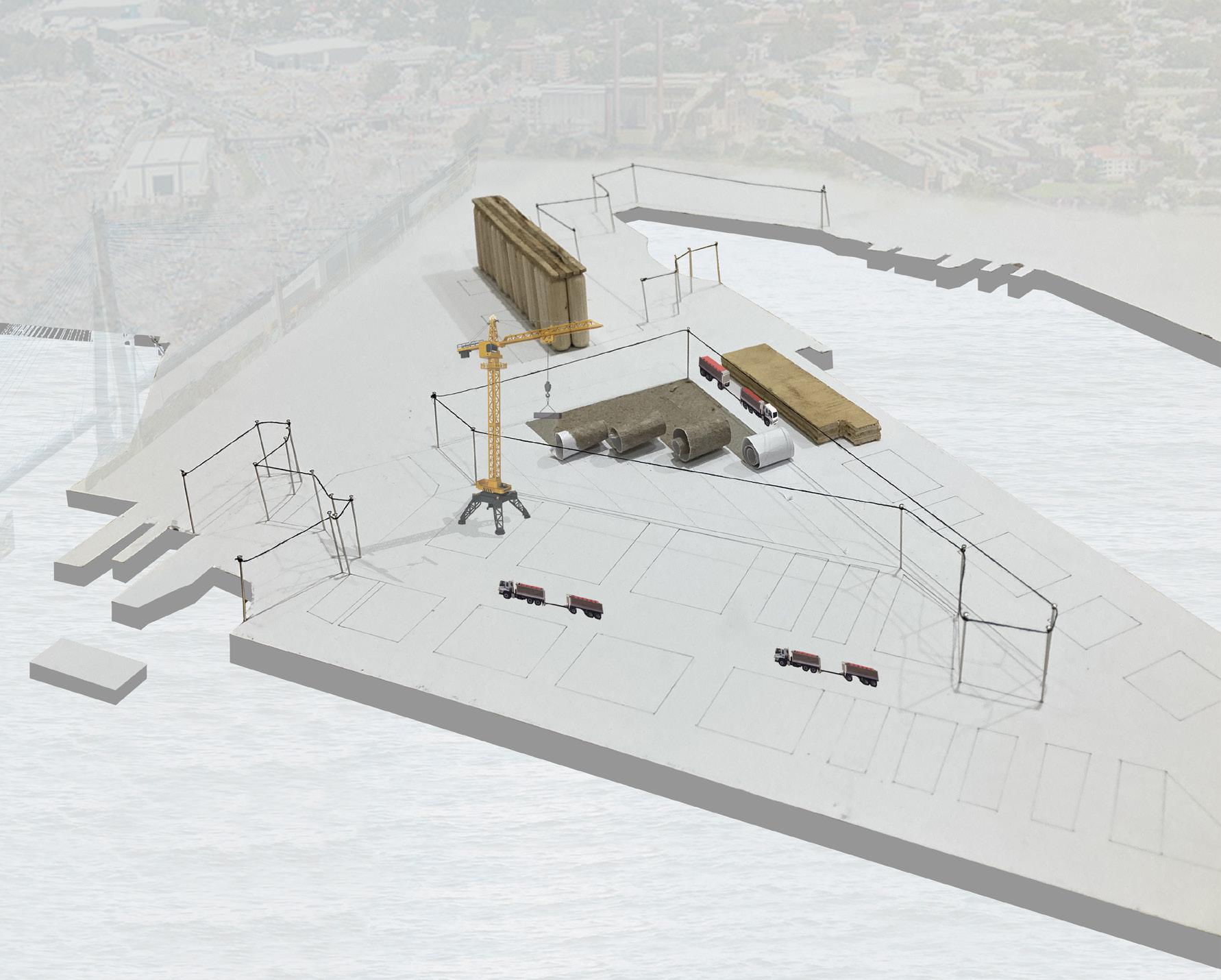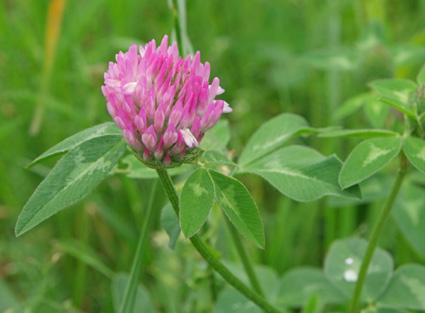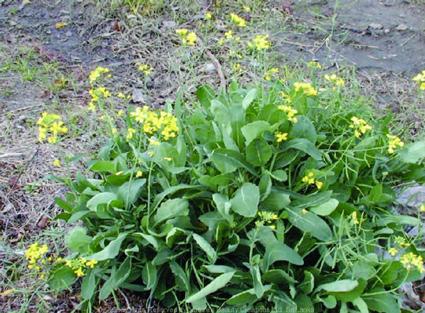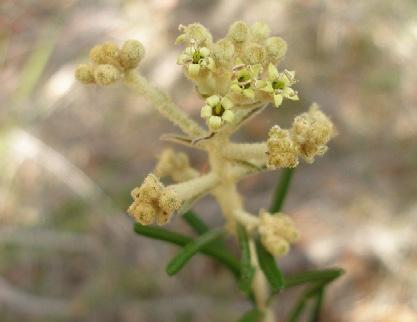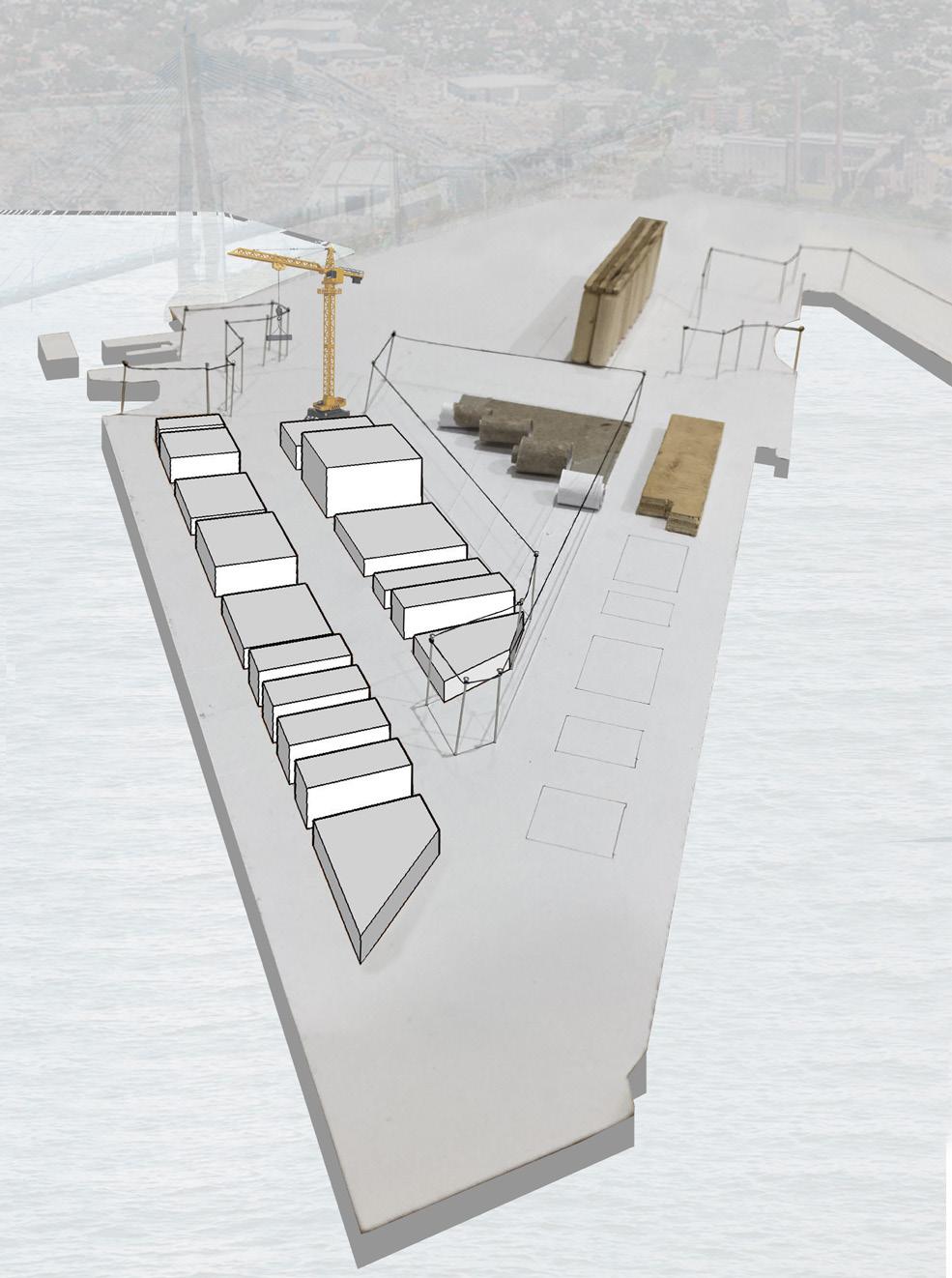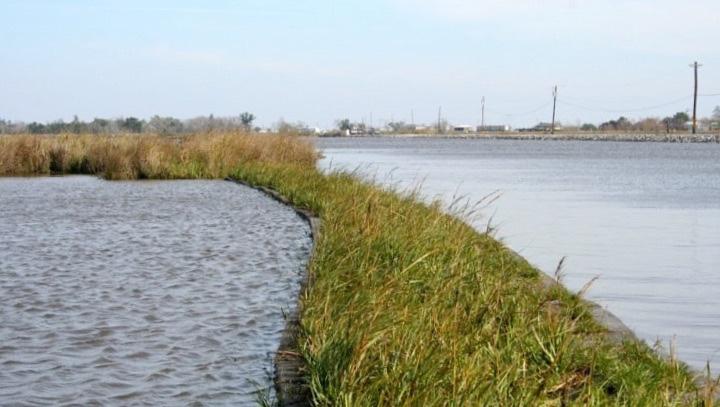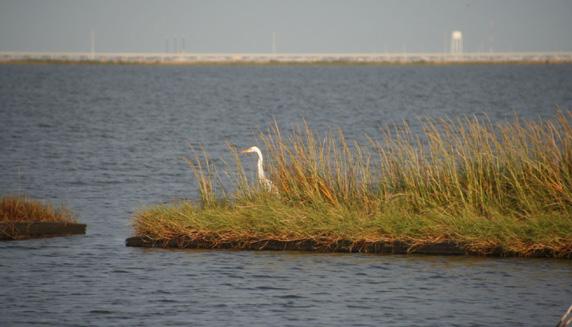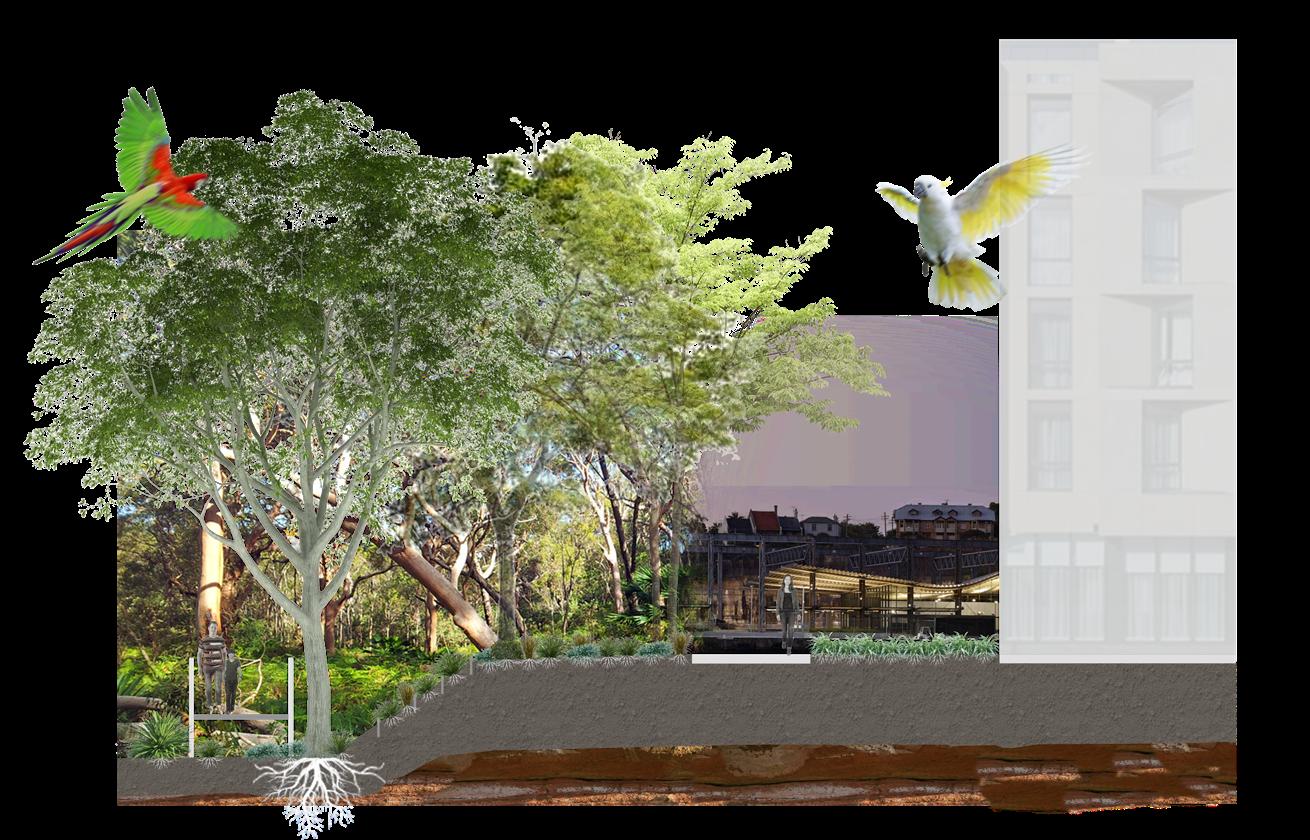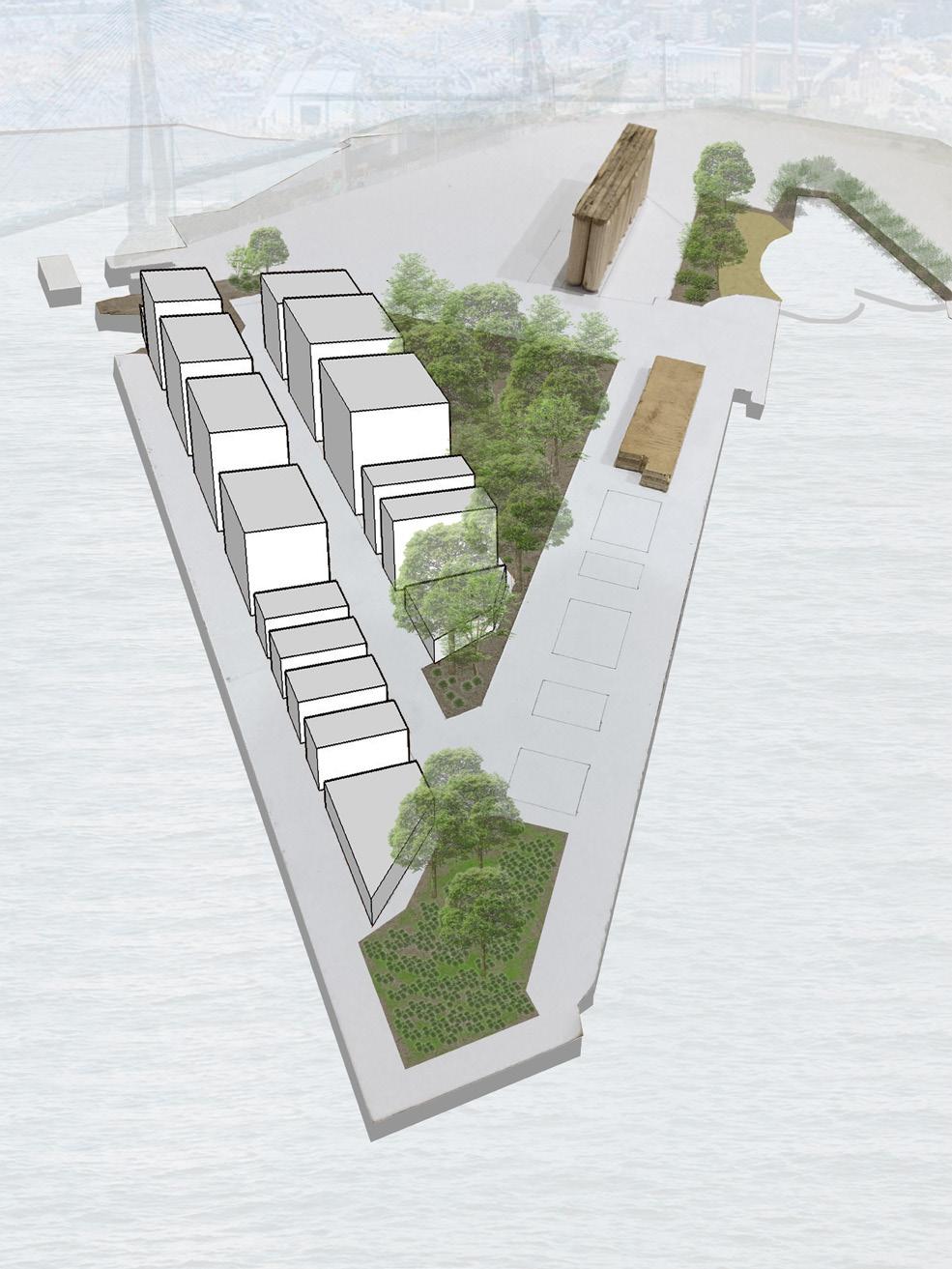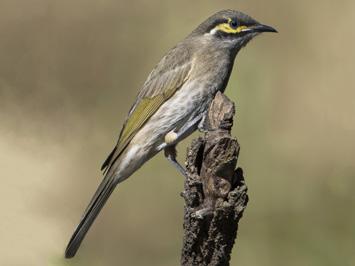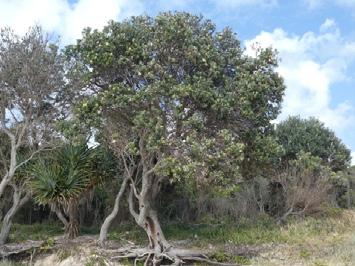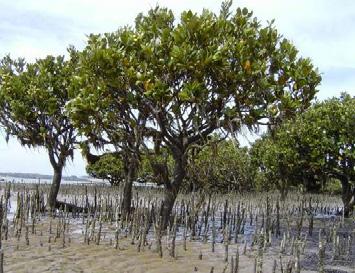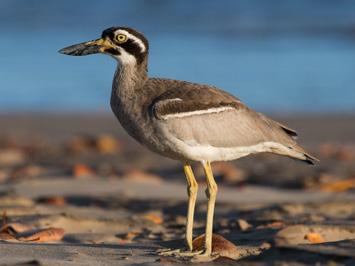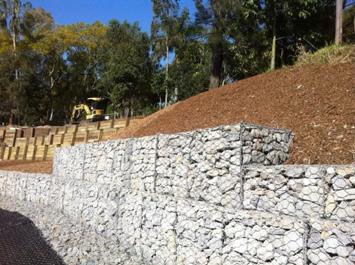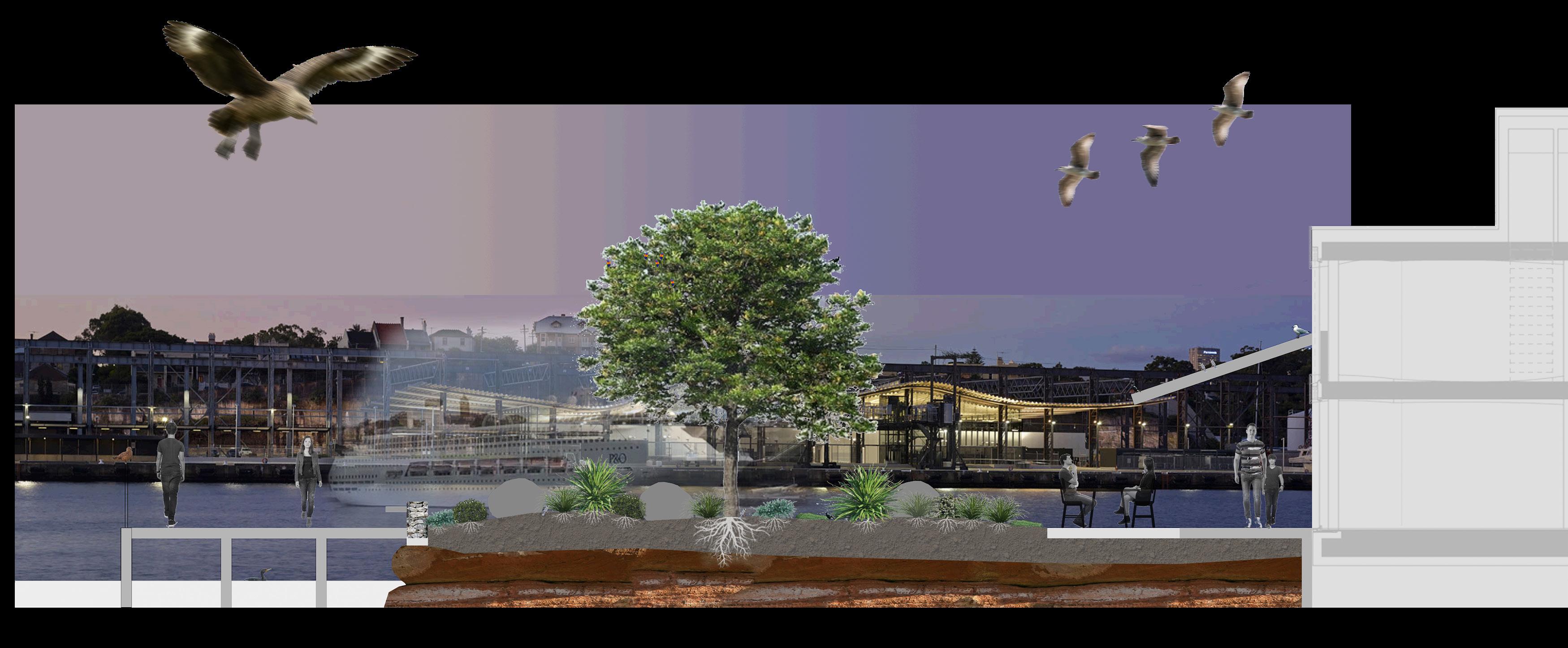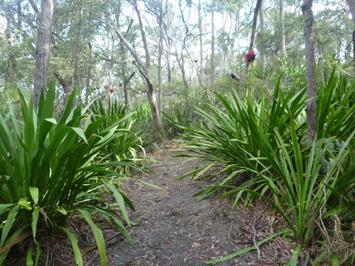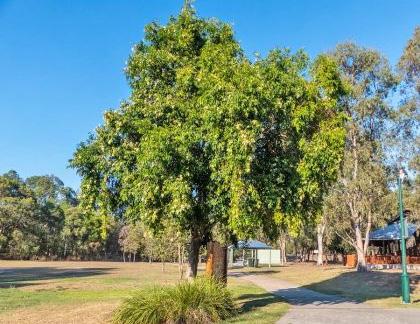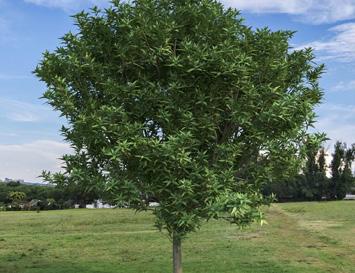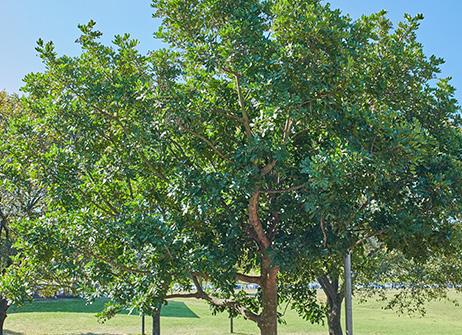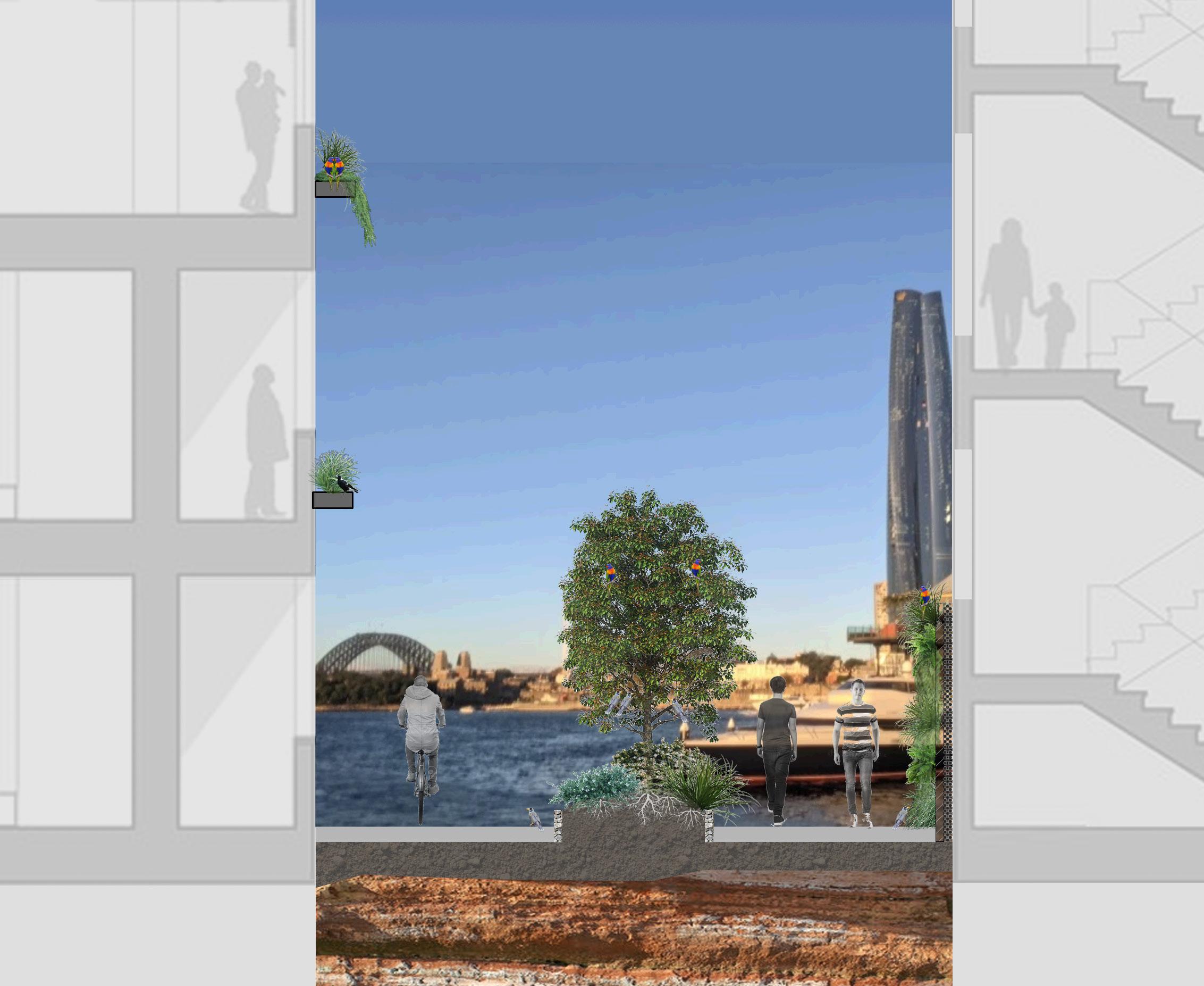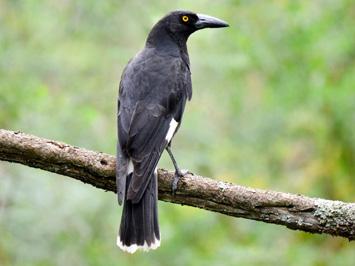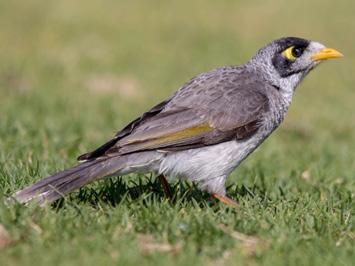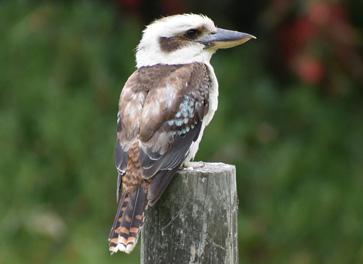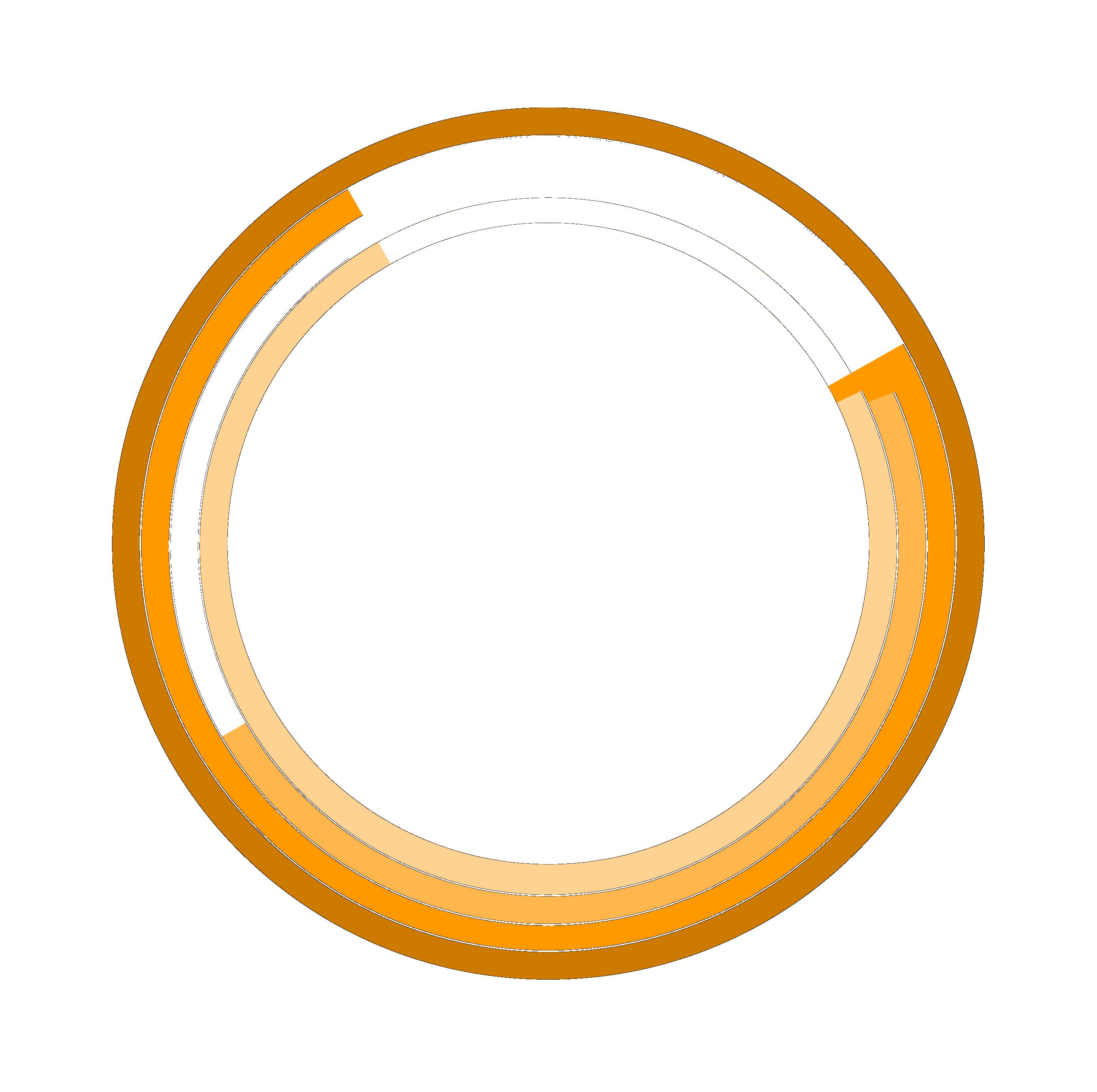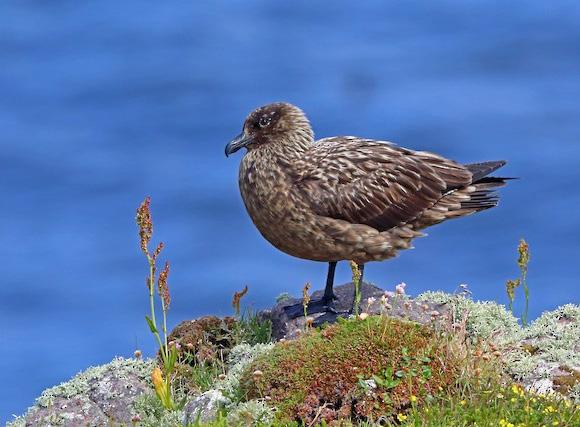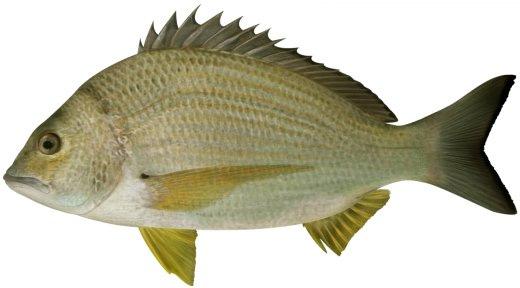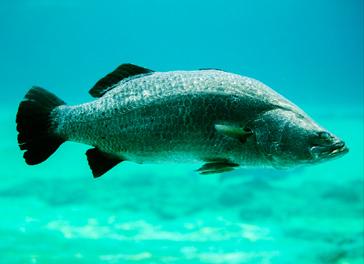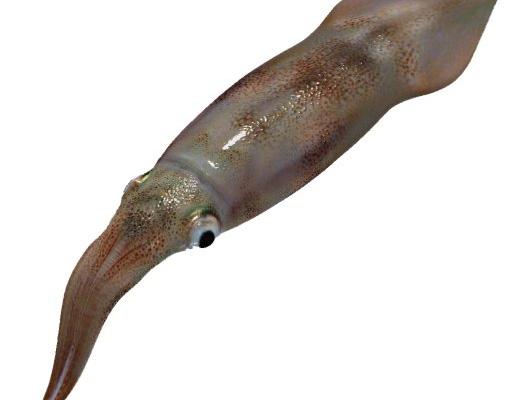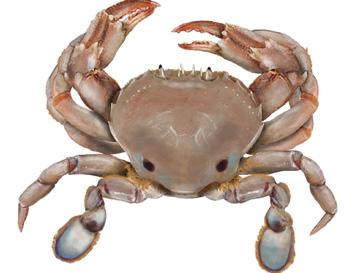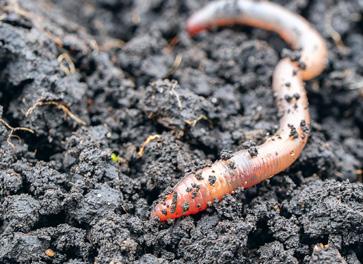Bird Island
Return of the birds to Glebe Island
Hybrid/Cyborg Question:
What if Bird Habitat Orientated Strategies dictated Urban Development at The Bays Precinct?
Contaminated Soil Landscape of White Bay
Matthew Wein
Isabel Peng
Georgie Purkiss
Georgie Purkiss
Isabel Peng
Fundamental Assets of Glebe Island
Informing Strategies and Supporting Ideas
ImmovableFeatures Character FutureOpportunitiesFutureConstraints
Southeastern Corner
White Bay Peninsula
Concrete Apron
Inner White Bay Edge
Cement Australia Silos Water
Wind
Fundamental Assets of Glebe Island
Informing Strategies and Supporting Ideas
Design Testing
Southeastern Corner
Characteristics
Vegetated cliff along road to Glebe Island Bridge, wharf, sandstone cliff, and Glebe Island Bridge.
Opportunities and Constraints
O - Cultivate edge condition
O - Isolated island habitat
O - Vegetated cliff habitat
C - Wharf
C - Mainly landfill
Vegetated Cliff Habitat Intertidal Edge for Beach Nesting Birds
Open Space/Vantage Point for nesting (Plover) or human viewing
Timber Pylons for Perching
Isolated Island Habitat
Fundamental Assets of Glebe Island
Informing Strategies and Supporting Ideas
ImmovableFeatures Character FutureOpportunitiesFutureConstraints
O - Human interaction
O - Feeding and Cooling off for birds
C - Depth of water
C - Human/developed edge condition
O - Isolate vulnerable species from land
O - Cultivate edge condition
O - Human interaction with water
O - Near to preexisting waterline
C - Industrial use; active port
C - Heavy human interference/built edge
O - Elevated and cliff like habitat
O - Landmark/Wayfinding
O - Industrial use
C - Industrial use
C - Heavily industrial development
O - Luxury Residential
O - Headland Park
O - Peninsula nesting area
C - Industrial use
C - Heavy industrial development
O - Mixed use urban development
O - Habitat Priority Area/Urban Bushland
O - Mixed Program Parkland
C - Soil Contaminants
C - Heavy industrial development
- Wharf
- Mainly landfill
White Bay Peninsula
Concrete Apron
Inner White Bay Edge
Cement Australia Silos Water
Centennial Park Bird Sanctuary
Rich and Endangered Vegetation
GlebeIsland
Balmain
Pyrmont
Glebe
GlebeIsland
Balmain
Pyrmont
Glebe
http://www.urbantaskforce.com.au/urbanideas/october2012/files/inc/1892613683.pdf
https://www.ipcn.nsw.gov.au/resources/pac/media/files/pac/transcripts-and-material/2021/glebe-island/210517_applicant-presentation.pdf
https://www.scottcarver.com.au/our-projects/the-bays-precinct-white-bay
https://www.glebeislandbridge.com/sustainable-future/
Matthew Wein z5206886
Hanson Heidelberg Cement Group Glebe Island
FKM Architects
Scott Carver CoS Competition Entry
Principles of Design
1. ReIntroduce birdlife to the Glebe Island
2. Integrate bird habitats into the public domain
3. Develop a rich mix of waters edge conditions
White Bay. Moodle
Lend Lease Green Roof. UTS
Cockatoo in city. theconversation.com
Cockatoo Island Edge. Chris Garner
- Inclusive design
- Integrative response with higher priority on habitat
- L and XL scale sustainability
- Adaptive reuse of materials
- Address soil quality and stormwater runoff
- Reintroduce pre-existing fauna
- Improve habitat quality
- Integrate pre-existing vegetation
Potential Habitats
Understanding preferred bird habitat conditions at White Bays.
Habitat of Each Bird Type
Migratory and Aquatic Birds
Beach Nesting Birds
Woodland Birds
Pelagic Birds
Urban Birds
Shrub/ Heathlands
Wooded Areas
Grasslands
CoastalAreas
Cliffs
Mangroves
Beaches
Islands
Streetscapes
Buildings
RockyAreas
Potential Habitats
Understanding preferred bird habitat conditions at White Bays.
Habitat of Each Bird Type
Shrub/ Heathlands
Wooded Areas
Grasslands
CoastalAreas
Cliffs
Mangroves
Beaches
Islands
Streetscapes
Buildings
RockyAreas
ReConsidering the Urban Fabric
Subdivisions and Preparations
Stage 1 Site Clearing and Initial Clean
Stage 2 Establishing Lot Boundaries
Stage 3 Sale of Land under Zoning Condition
ReConsidering the Urban Fabric
Landscape ReNewal
Stage 4 Temporary fencing and beginning of Phytoremediation
Temporary Fencing restricts access and exposure to visitors
Phytoremediation Species
Vetiveria zizanioides Carpobrotus glaucescens
Dianella caerulea Tagete tenuifolia
Brassica juncea
Trifolium pratense
ReConsidering the Urban Fabric
Glebe Island Bridge Development
Stage 5.1 Glebe Island Bridge Development
- Adding soils
- Cultivation process
- Possibilty to support planting of endangered grasses
Suggestive Planting
Distichlis distichophylla Astrotricha crassifolia
Themeda australis Poa poiformis
ReConsidering the Urban Fabric
Beginning of Construction Phase
Stage 5.2 Construction of Residential and Community buildings
Sale of future waterfront and city view apartments to fund environmental strategies.
Early construction works aimed at reducing sound and human interference on habitat later.
ReConsidering the Urban Fabric
Mangroves and
Breakwaters
Preparations for potential beach edge
Future mangroves community
Vegetated breakwater to support bird life
Breakwater too reduce industry disturbances and provide rock habitat
https://spel.com.au/floating-breakwater/
Matthew Wein z5206886
Stage 6 Construction of Breakwater
2030
ReConsidering the Urban Fabric
Both phytoremediation process and development of residential buildings completed. Removal of Phytoextraction species. Landscape
Stage 7 Completion of Phytoremediation
ReConsidering the Urban Fabric
Stage 8 Preparation of Public Access Urban Bushland Preparation of stormwater management to control
ReConsidering the Urban Fabric
Sommerville Road
Existing Sea wall
ReConsidering the Urban Fabric
Planting out Habitat Priority Areas
Beach Typology Beach Typology
Peninsula Grassland
Urban Bushland Typology
Stage 10 Establish Planting Communities for Habitat Priority Areas
Revegetation to take place in Spring time following the completion of major construction works.
Planting Typologies
Planting typologies to respond to desired client species, vegetation community and microclimate of The Bays. Indigenous Vegetation
Corymbia maculata Eucalyptus paniculata Casuarina cunninghamiana Austrostipa ramosissima
Yellow-Faced Honeyeater
Banksia integrifolia Lomandra ‘Tanika‘ Poa labillardieri Spinifex sericeus Great Knot
Brown Algae
Avicennia marina
Red Algae Beach Stone Curlew Rhizophora stylosa
ReConsidering the Urban Fabric
Northwestern Edge Development
Stage 11 Construction of Commercial Buildings and Northern Promenade
Matthew Wein
z5206886
Gabion Retaining Walls
Pre-Existing Concrete
Pre-Existing Fences
Rubilisation of Concrete
Aggregate for Drainage
Fines for Base Course
ReConsidering the Urban Fabric
MixedPlanting Cupaniopsisanacardioides
NW Promenade
Cupaniopsis anacardioides Doryanthes excelsa Westringia fruticosa
Lomandra ‘Tanika‘ Great Skua Correa alba
2050
ReConsidering the Urban Fabric
Prioritising Public Space
Stage 12 Building up Public Space
Elaeocarpus reticulatus
Waterhousia floribundia
Cupaniopsis anacardioides
Doryanthes excelsa
High Street
Welcome Swallow
SE Promenade
Dianella caerulea
Ulmus parvifolia
Zelkova serrata
Glochidion ferdinandi
Little Black Cormorant
SE Promenade High Street
ReConsidering the Urban Fabric
High Street
Elaeocarpusreticulatus
Backhousia citriodora
Cupaniopsisanacardioides
Waterhousia floribundia
Elaeocarpusreticulatus
ReConsidering the Urban Fabric
Alleyways
Elaeocarpusreticulatus
GreenWall
CantileverPlanterBox
MixedPlanting
Ulmusparvifolia Zelkovaserrata
Glochidion ferdinandi
ReConsidering the Urban Fabric
Woodland Birds
Woodland Birds
Stage 13 Introducing White Bays First Birds Woodland
Client Species
Other Benefiting Species
Woodland Birds
Pied Currawong Yellow Crested Cockatoo Eastern Koel
Rainbow Lorikeet
Kookaburra Rock Dove Bandicoot Black House Spider Noisy Miner
Eucalyptus paniculata
Casuarina cunninghamiana Austrostipa ramosissima
Corymbia maculata
Welcome Swallow
Indigenous
Corymbia m.
Eucalyptus p.
Welcome Swallow
Yellow-Faced Honeyeater
Food Source
ReConsidering the Urban Fabric
Client Species Urban Birds
Stage 13 Introducing White Bays First Birds
Other Benefiting Species
Kookaburra Rock Dove
Urban Birds
Urban Birds
Rainbow Lorikeet
Black House Spider Noisy Miner
Pied Currawong Yellow Crested Cockatoo
Elaeocarpus reticulatus
Waterhousia floribundia Cupaniopsis anacardioides
Doryanthes excelsa
Yellow-Faced Honeyeater
ReConsidering the Urban Fabric
Pelagic Birds
Stage 13
Pelagic Birds
Client Species
Other Benefiting Species
Pelagic Birds
Introducing White Bays First Birds
Pelagic Birds
Pied Currawong Yellow Crested Cockatoo
Cupaniopsis anacardioides
Kookaburra Rock Dove Squid
Rainbow Lorikeet Silver Gull
Medium Fish (Bream) Eastern Koel
Westringia fruticosa
Lomandra ‘Tanika‘ Correa alba
Little Black Cormorant
Indigenous Vegetation Food Source
ReConsidering the Urban Fabric
Pelagic Birds
Stage 13
Introducing White Bays First Birds
Client Species
Other Benefiting Species
Aquatic Birds
Aquatic Birds
Pied Currawong Yellow Crested Cockatoo
Rock Dove
Squid Rainbow Lorikeet
Eastern Koel
Aquatic Birds
Silver Gull Medium Fish (Bream) Willy Wagtail
Dianella caerulea Ulmus parvifolia
Zelkova serrata Glochidion ferdinandi
Baby Fish (Barramundi)
Indigenous Vegetation Food Source
ReConsidering the Urban Fabric
Migratory Birds
Client Species
Migratory Birds
Other Benefiting Species
Migratory Birds
Birds
Stage 13 Introducing White Bays First Birds
Primary Planting
Yellow-Faced Honeyeater
Silver Gull
Bandicoot
Little Black Cormorant
Banksia integrifolia Lomandra ‘Tanika‘
Poa labillardieri Spinifex sericeus
Worm
Sand Crab
Beach Stone Curlew Indigenous Vegetation
Beach Nesting Birds
Beach Nesting Birds
Beach Nesting Birds
Client Species
Birds
Other Benefiting Species
Primary Planting
Stage 13
Introducing White Bays First Birds
Beach Nesting
Stone Curlew
Silver Gull
Little Black Cormorant
Brown Algae
Avicennia marina
Red Algae
Rhizophora stylosa
Mud Crab Sydney Rock Oyster
Baby Fish (Barramundi)
Great Knot
Squid
Hybrid/Cyborg Question:
What if Bird Habitat Orientated Strategies dictated Urban Development at The Bays Precinct?
